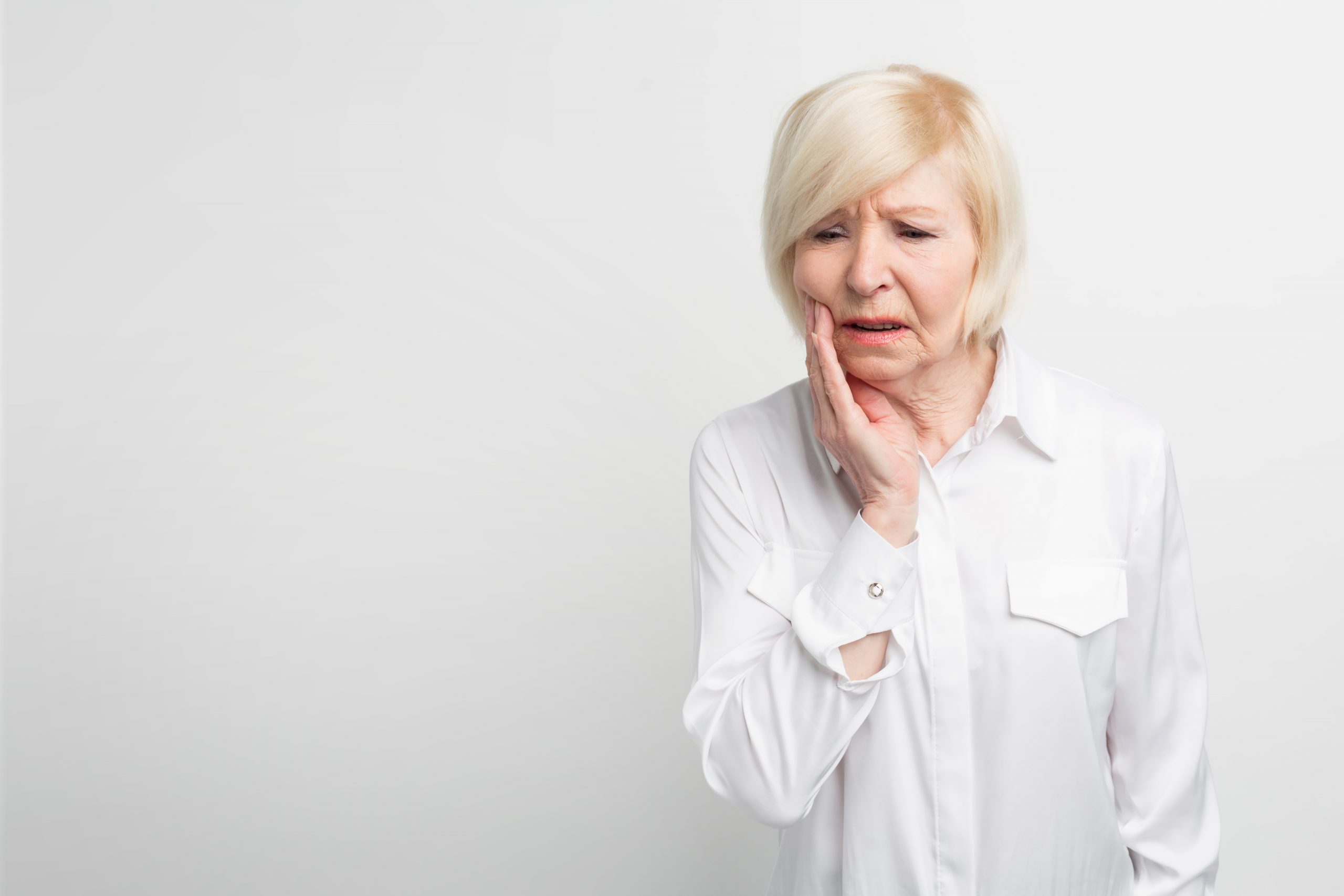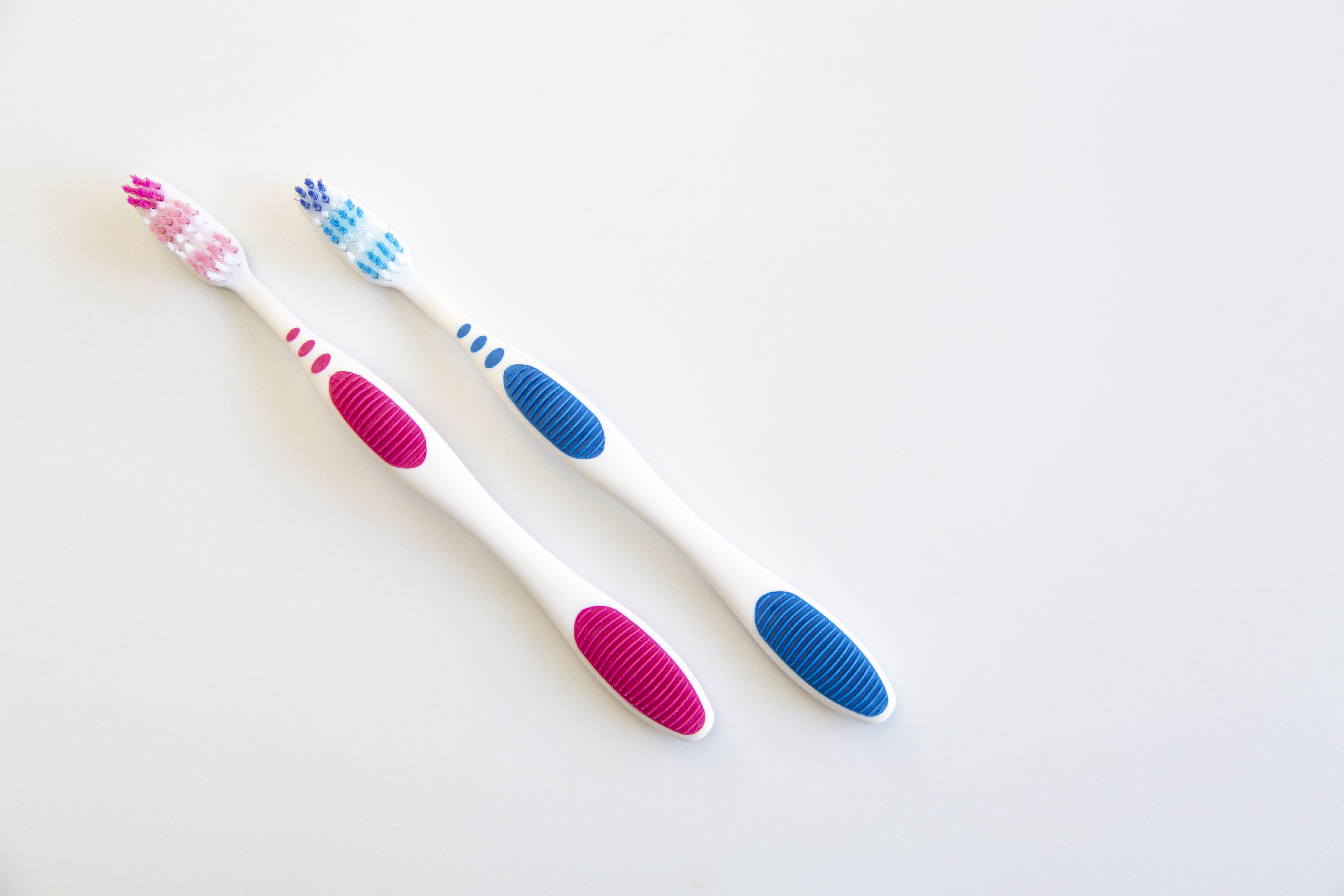Menopause can cause tooth loss, here's how to minimise your risk

Sign up to our free daily email for the latest royal and entertainment news, interesting opinion, expert advice on styling and beauty trends, and no-nonsense guides to the health and wellness questions you want answered.
You are now subscribed
Your newsletter sign-up was successful
Want to add more newsletters?

Daily (Mon-Sun)
woman&home Daily
Get all the latest beauty, fashion, home, health and wellbeing advice and trends, plus all the latest celebrity news and more.

Monthly
woman&home Royal Report
Get all the latest news from the Palace, including in-depth analysis, the best in royal fashion, and upcoming events from our royal experts.

Monthly
woman&home Book Club
Foster your love of reading with our all-new online book club, filled with editor picks, author insights and much more.

Monthly
woman&home Cosmic Report
Astrologer Kirsty Gallagher explores key astrological transits and themes, meditations, practices and crystals to help navigate the weeks ahead.
Menopausal? It’s time to take extra care of your gums…
The menopause isn’t nicknamed The Change for nothing. Symptoms such as hot flushes, joint pain and mood swings weigh many of us down at this time, but did you also know there’s an increased risk of gum disease too?
Your oral health warrants special attention during this period, as gum specialist, Dr Reena Wadia explains that hormonal changes during the menopause are risk factors for gum and/or periodontal disease developing.
Signs of gum disease include bleeding gums, bad breath, receding gums, tooth movement and even tooth loss but it also has a significant effect on general health.

READ MORE: Postmenopausal? 7 ways your body changes after the menopause
Dr Wadia adds that women who are menopausal or post menopausal may also experience oral changes such as altered taste, a burning sensation in the mouth, greater sensitivity to hot and cold foods and dry mouth.
She said: ‘Dry mouth can result in the development of gum disease because saliva, which is antibacterial and has a flushing effect, is not available to cleanse the mouth.’
Sign up to our free daily email for the latest royal and entertainment news, interesting opinion, expert advice on styling and beauty trends, and no-nonsense guides to the health and wellness questions you want answered.
What’s more, the decline in oestrogen, which occurs during the menopause, puts women at greater risk of bone conditions such as osteoarthritis. This could also have an impact on the development of gum disease.
READ MORE: The surprising side effect of the menopause that you may not expect

Worryingly, gum disease can increase the risk of other serious illnesses such as cardiovascular disease, chronic kidney disease, and rheumatoid arthritis.
‘The presence of a vast quantity of bacteria under the gums means that bacteria can pass into the bloodstream and affect other parts of the body,’ explains Dr Wadia.
Concerned? Luckily there are simple ways to stay on top of gum health, and whilst brushing teeth twice a day is important, it won’t be enough reveals Dr Wadia. Here are the three things you need to do to combat gum disease during menopause:
- ‘Everyone needs to be brushing along the gumline'
- 'You also need to cleaning in between your teeth on a daily basis using interdental brushes or floss if the brushes don’t fit,’
- ‘It’s important to keep up your regular dental checks as this will include a gum screen and oral cancer screen.'
While caring for our teeth and gums, Do Wadia also reminds us all to be mindful of mouth cancers, 'like most cancer types, the incidence of cancers affecting the mouth region tends to increase with age. Damage can result from biological processes or from exposure to risk factors,’ she adds.
Lucy Gornall is the former Health & Fitness editor at Future and a personal trainer specializing in pre and post-natal exercise.